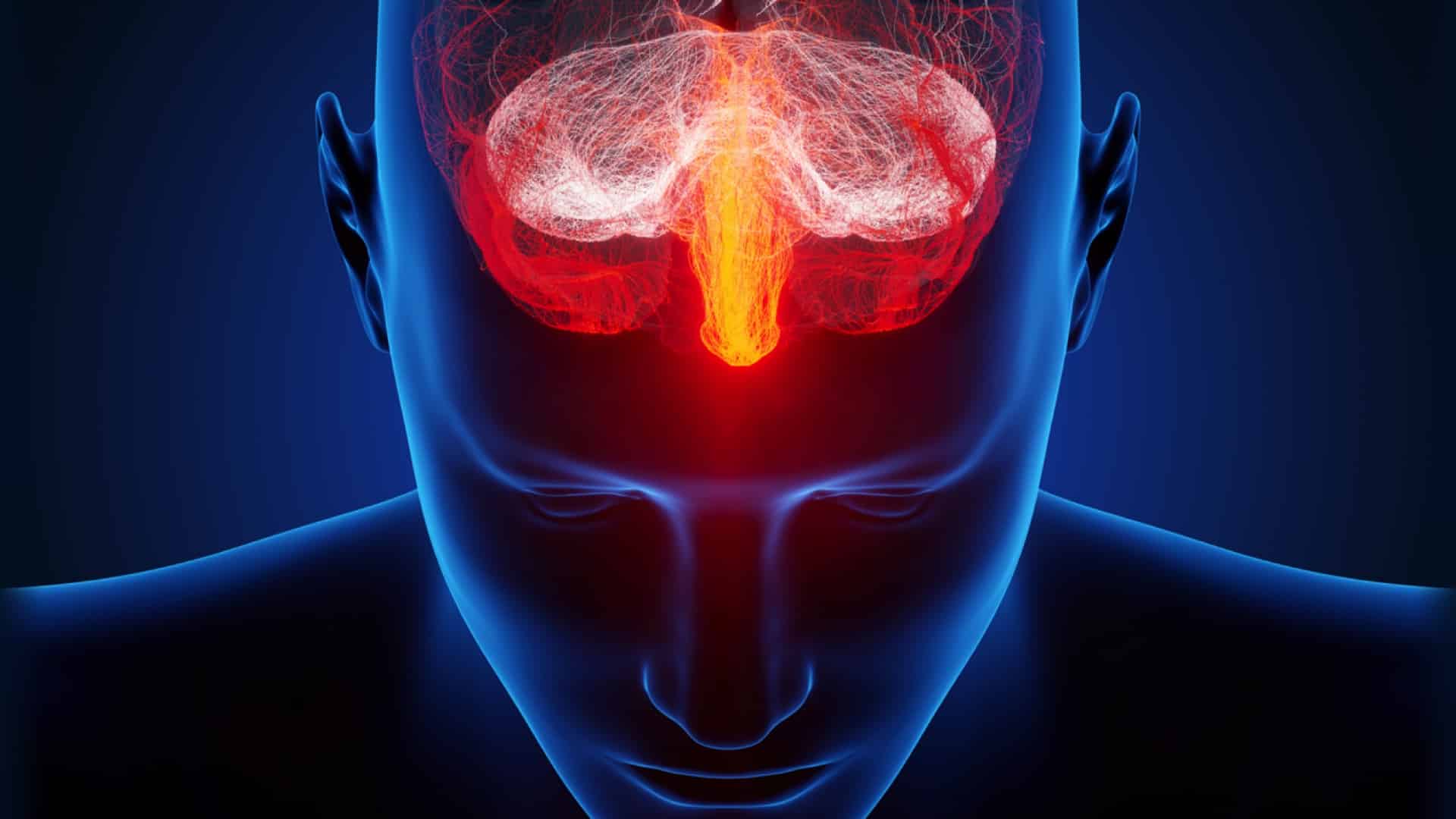
Mental Health
Whether you’re feeling anxious, sad, or angry, have lost interest in activities that once gave you great joy, or just need to talk with someone, never hesitate to seek professional help. Your well-being—mental, emotional, and even physical—may benefit from it.
Indeed, mental health appears to play a part in physical health, so it’s crucial to eat foods that support both your mind and your body. Studies suggest that eating less meat may not only be good for us physically, but emotionally, too Researchers employed two tests—the Profile of Mood States and the Depression and Anxiety Stress Scale—and measured levels of depression, anger, hostility, fatigue, confusion, hopelessness, lack of interest, anhedonia (lack of pleasure), agitation, irritability, and impatience with others. Subjects eating plant-based diets reportedly experienced significantly fewer negative emotions than omnivores and also reported feeling more “vigor.”
Major depression is one of the most commonly diagnosed mental illnesses. People who are depressed appear to have elevated levels in their brain of monoamine oxidase (MAO), an enzyme that breaks down excess monoamines, a class of neurotransmitters that includes serotonin and dopamine. Thus, depression may be caused by abnormally low monoamine levels due to elevated MAO levels.
Many plant foods, including apples, berries, onions, and green tea, contain phytonutrients that appear to naturally inhibit MAO, and studies show that the more fruits and vegetables you eat, the happier, calmer, and more energetic you may feel.
Risk of depression may also be increased by certain food components, such as arachidonic acid. The top-five sources in the American diet are chicken, eggs, beef, pork, and fish, although chicken and eggs alone contribute more than the other top sources combined. Data suggest that people with higher blood levels of arachidonic acid may end up at significantly higher risk of suicide and episodes of major depression.
For substantiation of any statements of fact from the peer-reviewed medical literature, please see the associated videos below.
Image Credit: llhedgehogll / Thinkstock. This image has been modified.
Popular Videos for Mental Health


Coconut Water and Depression
What is the science behind the marketing of foods for antidepressant effects?
Which Foods Increase Happiness?
Certain foods are linked not only to increased happiness, but also to greater “eudaemonic” well-being—feelings...
Are Happier People Actually Healthier?
The burgeoning field of positive psychology is based on the understanding that mental health is...
Anti-Inflammatory Diet for Depression
If depression can be induced with pro-inflammatory drugs, might an anti-inflammatory diet be effective in...
Plant-Based Diets for Improved Mood and Productivity
The most comprehensive controlled trial of diet and mood finds that a plant-based nutrition program...
Can Dehydration Affect Our Mood?
The brain shrinkage associated with dehydration may not only play a role in cognitive impairment,...
Antioxidants and Depression
Neither antioxidant or folic acid supplements seem to help with mood, but the consumption of...
Exercise vs. Drugs for Depression
Aerobic exercise interventions found comparable to antidepressant medication in the treatment of patients with major...
Orange Aromatherapy for Anxiety
The smell of sweet orange essential oil may have anxiety-reducing properties without the potentially addictive,...All Videos for Mental Health
-

Is Ozempic (Semaglutide) Safe? Does It Increase Cancer Risk?
How common are serious potential side effects of GLP-1 weight-loss drugs, such as suicide, pancreatitis, bowel obstruction, thyroid cancer, and pancreatic cancer?
-

VSED: The Downsides of Fasting for Ending Life
What are the pros and cons of voluntarily stopping eating and drinking to end your life?
-

VSED: The Benefits of Fasting for Ending Life
Even under hospice with excellent palliative care, some spend their last months in uncontrollable suffering. What can be done in places in the United States that outlaw physician-assisted dying?
-

How to Die a Good Death
Hospice is often framed as “giving up,” but, ironically, hospice patients sometimes actually live longer
-

Age-Related Hearing Loss Is Preventable, So What Causes It?
Why do some populations retain their hearing into old age?
-

The Best Diet for COVID and Long-COVID
Healthy plant-based diets appear to help reduce the risk of severe COVID-19 and getting infected in the first place, even independent of comorbidities.
-

Yoga Put to the Test for IBS, Inflammatory Bowel, Menopause, and Osteoporosis
A study using sham acupuncture underscores the necessity of controlling for expectancy effects.
-

Yoga Put to the Test for Depression, Anxiety, and Urinary Incontinence
Which of the 50 different yoga styles have been shown to be best?
-

Yoga Put to the Test for Headaches, Diabetes, Osteoarthritis, and the Elderly
What happens when real yoga is compared to sham yoga?
-

Yoga Put to the Test for MS, Back Pain, Neck Pain, Insomnia, and Breast Cancer
Is yoga better than other types of exercise, better than nothing but similar to other physical activity, or not beneficial even when it’s compared to doing nothing at all?
-

The Risks and Benefits of Mindfulness for Weight Loss
Contrary to popular perception, the evidence for even the most well-founded benefits of mindfulness meditation is not entirely conclusive.
-

The Impacts of Weight Bias in Health Care
How might weight stigma be a vicious cycle?
-

Why Don’t People Eat Healthier?
The so-called optimism bias may get in the way of a healthy lifestyle.
-

Do Vitamin C Supplements Help with Anxiety?
What are the risks and benefits of using vitamin C for depression and anxiety?
-

Plant-Based Eating Score Put to the Test
How can you get a perfect diet score?
-

How Sustainable Is the Weight Loss After Bariatric Surgery?
Weight regain after bariatric surgery can have devastating psychological effects.
-

The Dangerous Effects of Heavy Metal Music
How might we moderate the rare but very real risk of headbanging?
-

How Low Should You Go for Ideal Cholesterol Levels?
Having a so-called normal cholesterol in a society where it’s normal to drop dead of a heart attack isn’t necessarily a good thing.
-

Fasting for Irritable Bowel Syndrome
More than half of IBS sufferers appear to have a form of atypical food allergy.
-

Fruits and Vegetables Put to the Test for Boosting Mood
A randomized controlled trial investigates diet and psychological well-being.
-

How to Boost Brain BDNF Levels for Depression Treatment
Fasting and exercise can raise BDNF levels in our brain, but this can also be achieved by eating and avoiding certain foods.
-

Fasting to Treat Depression
Caloric restriction can boost levels of brain-derived neurotrophic factor (BDNF), considered to play a critical role in mood disorders.
-

The Symptoms of Vitamin B12 Deficiency
B12 deficiency is known as “The Great Masquerader.”
-

Are There Health Benefits of Spending Time in Nature?
Studies on green exercising, the value of greenspaces, or even just viewing trees outside the window on surgery recovery.
-

The World’s Largest Fasting Study
Buchinger modified fasting is put to the test.
-

Are Weight-Loss Supplements Effective?
Are there any safe and effective dietary supplements for weight loss?
-

Does Marijuana Cause Schizophrenia?
The evidence linking cannabis use to psychotic disorders is considered strong enough to warrant a public health warning.
-

Benefits of Fasting for Weight Loss Put to the Test
For more than a century, fasting—up to 382 days without calories—has been used a weight-loss treatment.
-

Potential Pitfalls of Calorie Restriction
How to preserve bone and mass on a low calorie diet.
-

The Benefits of Calorie Restriction for Longevity
Though a bane for dieters, a slower metabolism may actually be a good thing.
-

How to Prevent Toxoplasmosis
The risk of contracting the brain parasite toxoplasma from kitty litter vs. meat.
-

Does Toxoplasmosis Cause Schizophrenia?
A brain parasite is considered “probably one of the most important risk factors for schizophrenia.”
-

Long-Term Effects of Toxoplasmosis Brain Infection
The effect of toxoplasma brain parasites can cause personality alterations.
-

Toxoplasmosis: A Manipulative Foodborne Brain Parasite
Nearly one quarter of Americans have already been infected with the brain parasite toxoplasma.
-

The Orthorexia Nervosa Test
See how you score on the orthorexia “diagnostic” test.
-

Orthorexia Nervosa Symptoms
What is the research on orthorexia?
-

Is Orthorexia a Real Eating Disorder?
Tracing the source and legitimacy of a disorder purporting to describe an “unhealthy obsession with healthy eating.”
-

Do the Health Benefits of Coffee Apply to Everyone?
Genetic differences in caffeine metabolism may explain the Jekyll and Hyde effects of coffee.
-

Does Adding Milk Block the Benefits of Coffee?
How to choose the healthiest coffee, and the effects of adding milk vs. soymilk.
-

Detoxifying with Chlorella
Chlorella is put to the test for liver disease, cholesterol, and detoxifying carcinogens.
